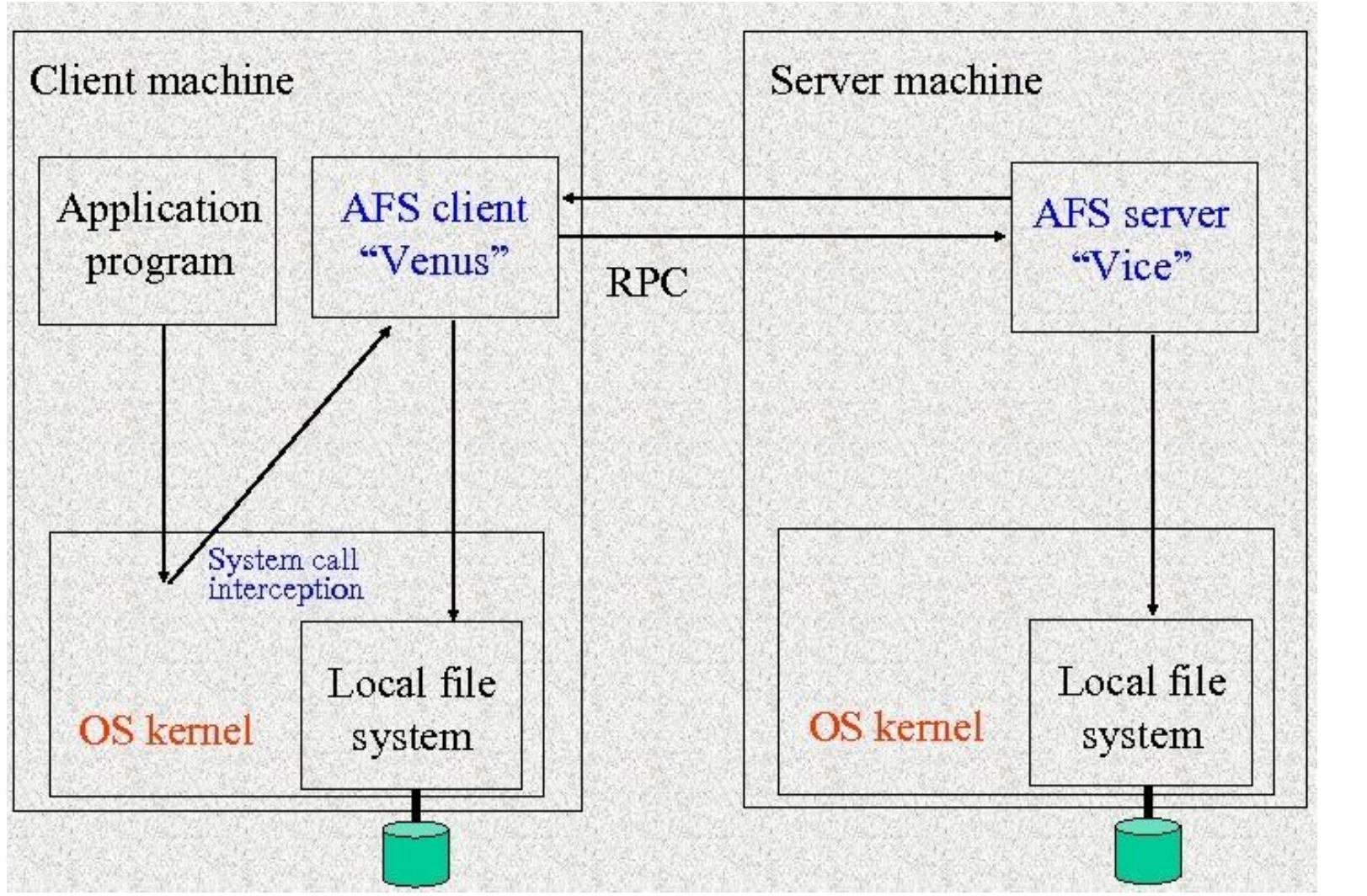A COMPARATIVE STUDY ON DISTRIBUTED FILE SYSTEMS
2022, ResearchGate
https://doi.org/10.13140/RG.2.2.31450.82887Abstract
Distributed File Systems are the backbone of how large volumes of data are stored. Hadoop File Systems, Google File Systems, and Network File Systems have all shifted the way data is maintained on servers. In terms of performance, fault tolerance, consistency, scalability, and availability, each file system has its own set of benefits and drawbacks. This presentation examines file system comparison research and suggests a criterion for selecting a certain file system. The presentation also looks into the pros and drawbacks of using a file system.
References (6)
- De, Suman, and Megha Panjwani. "A Comparative Study on Distributed File Systems." In Modern Approaches in Machine Learning and Cognitive Science: A Walkthrough, pp. 43-51. Springer, Cham, 2021.
- Y. Gao, X. Gao, X. Yang, J. Liu and G. Chen, "An Efficient Ring-Based Metadata Management Policy for Large-Scale Distributed File Systems," in IEEE Transactions on Parallel and Distributed Systems, vol. 30, no. 9, pp. 1962-1974, 1
- Sept. 2019, doi: 10.1109/TPDS.2019.2901883
- Kyoungsoo Bok, Jongtae Lim, Hyunkyo Oh and Jaesoo Yoo, "An efficient cache management scheme for accessing small files in Distributed File Systems," 2017 IEEE International Conference on Big Data and Smart Computing (BigComp), Jeju, 2017, pp. 151-155, doi: 10.1109/BIGCOMP.2017.7881731
- M. Nithya and N. U. Maheshwari, "Load rebalancing for Hadoop Distributed File System using distributed hash table," 2017 International Conference on Intelligent Sustainable Systems (ICISS), Palladam, 2017, pp. 939-943, doi: 10.1109/ISS1.2017.8389317
- L.Sudha Rani, K.Sudhakar, S.Vinay Kumar, "Distributed File Systems: A Survey", International Journal of Computer Science and Information Technologies, Vol. 5(3), 2014, 3716-3721
 Mega Satish
Mega Satish AMEY THAKUR
AMEY THAKUR








